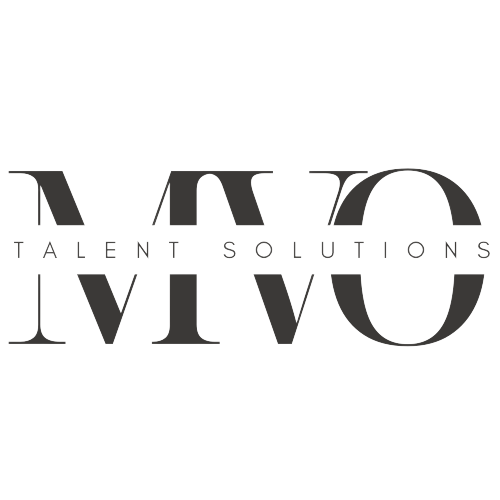The Role of Reference Checks in Hiring Top Talent: A Comprehensive Guide
It's a process that often goes beyond a mere formality, providing employers with invaluable insights into a candidate's past performance, character, and potential fit within the organization. In this comprehensive guide, we'll delve deep into the multifaceted world of reference checks, exploring their significance, best practices, and how to harness their full potential in the quest for top-tier talent.
Understanding the Significance of Reference Checks
Reference checks are more than a routine step in the hiring process. They serve a pivotal role in evaluating a candidate's qualifications, character, and potential cultural fit within an organization. They offer insights into a candidate's past performance, their ability to work effectively in a team, their work ethic, and the extent to which their skills align with the job requirements.
A well-conducted reference check can reveal a candidate's strengths and weaknesses, allowing employers to make informed hiring decisions. It's a valuable tool in mitigating hiring risks and ensuring that the selected candidate aligns with the company's goals and values.
Best Practices in Reference Checking
Effective reference checks require a strategic approach. Here are some best practices to consider:
Ask for a Variety of References: Seek a mix of professional references, such as former supervisors or colleagues, as well as character references who can vouch for the candidate's personal attributes.
Prepare Thoughtful Questions: Craft open-ended questions that encourage detailed responses. Inquire about the candidate's work style, achievements, areas of improvement, and interactions with colleagues and superiors.
Maintain Consistency: Use the same set of questions for all candidates to ensure fair comparisons.
Verify Information: Cross-reference the information provided by the candidate with the feedback from references. This can include confirming employment dates, job titles, and responsibilities.
Professionalism and Confidentiality: Approach reference checks with professionalism and confidentiality. Keep the conversation focused on the candidate's qualifications and character rather than personal matters.
Document Everything: Record detailed notes from reference conversations to inform the hiring decision and to maintain a comprehensive record for reference in the future.
The Legal Aspects of Reference Checks
It's important to note that reference checks are subject to legal regulations. Employers should be aware of laws such as the Fair Credit Reporting Act (FCRA) and Equal Employment Opportunity Commission (EEOC) guidelines to ensure that reference checks are conducted in a compliant and non-discriminatory manner.
Reference Checks in the Digital Age
In today's digital landscape, reference checks have also found a place online. Professional networking platforms like LinkedIn provide an additional resource for obtaining information about a candidate's background, skills, and recommendations from colleagues and supervisors. Employers may consider incorporating digital reference checks into their overall assessment.
Harnessing the Power of Reference Checks
Reference checks are not just a box to tick; they are a valuable tool for identifying top talent. By following best practices, understanding the legal aspects, and considering digital references, employers can harness the full potential of reference checks in making well-informed hiring decisions.
Reference checks are a critical step in the hiring process, offering a window into a candidate's past performance and character. Employers who approach reference checks strategically and professionally can unlock valuable insights that aid in selecting top-tier talent. As organizations continue to compete for the best candidates, reference checks remain an essential practice in securing top talent and building successful teams.

